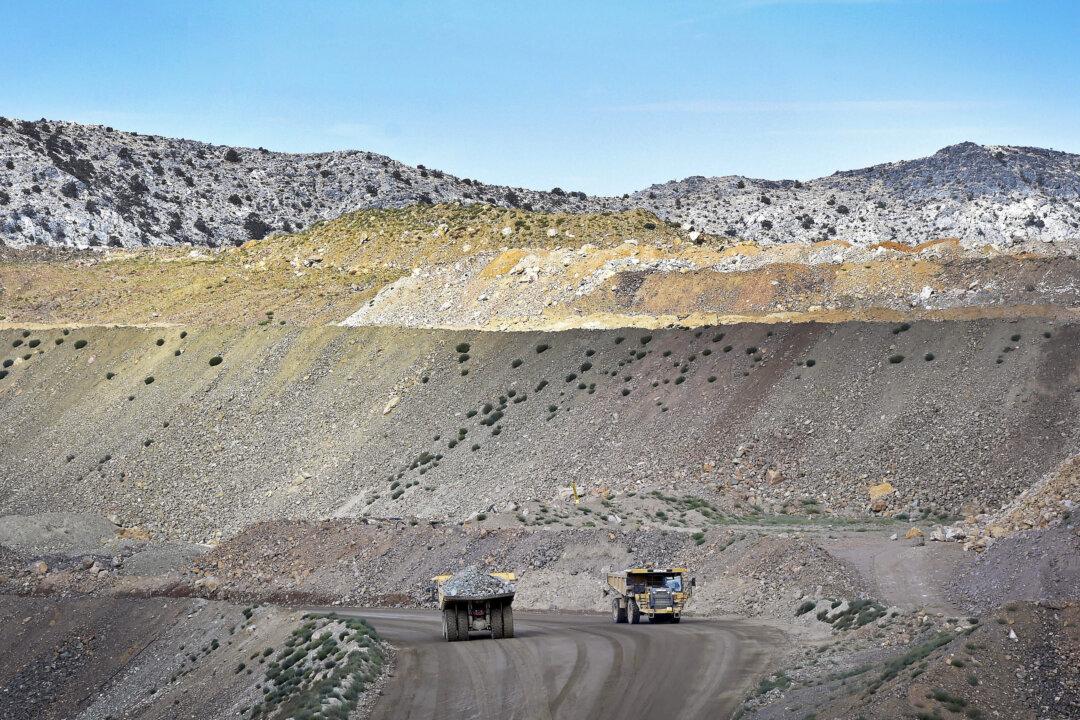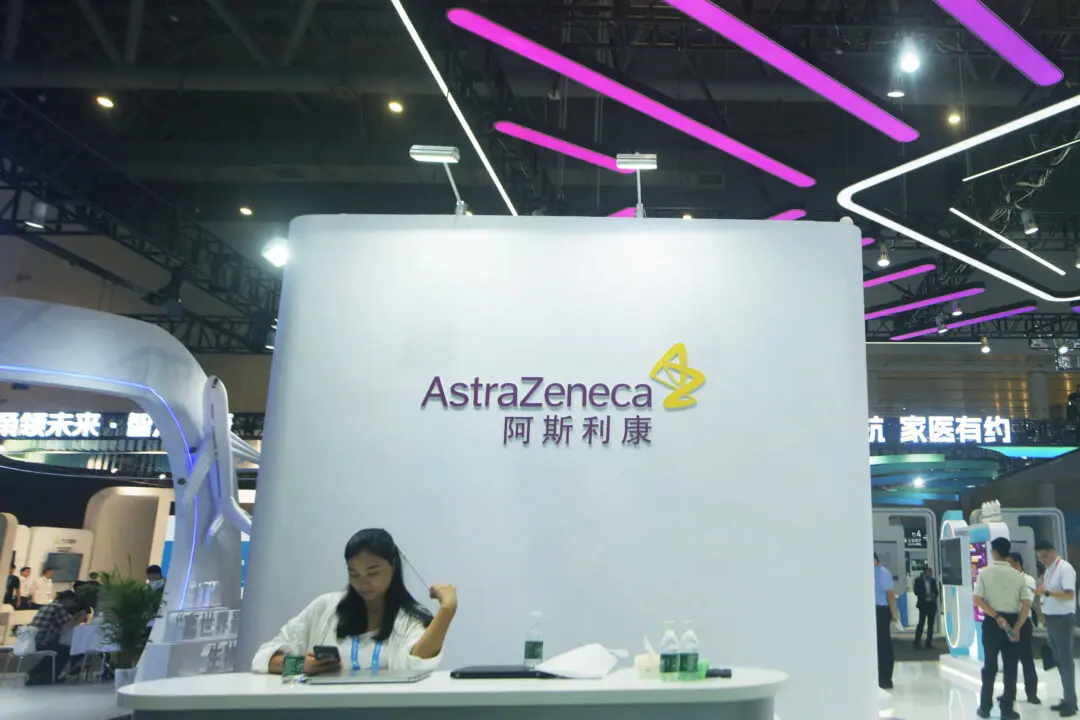WASHINGTON—The United States is losing the race to extract and refine minerals used to make electric vehicles and should do more to spur domestic production, a bipartisan group of senators said on Sept. 17.
The push comes as China has grown to dominate the market for lithium, rare earths, cobalt and other so-called strategic minerals used to make a plethora of consumer products, a dominance that politicians have said poses a strategic threat to the United States.





